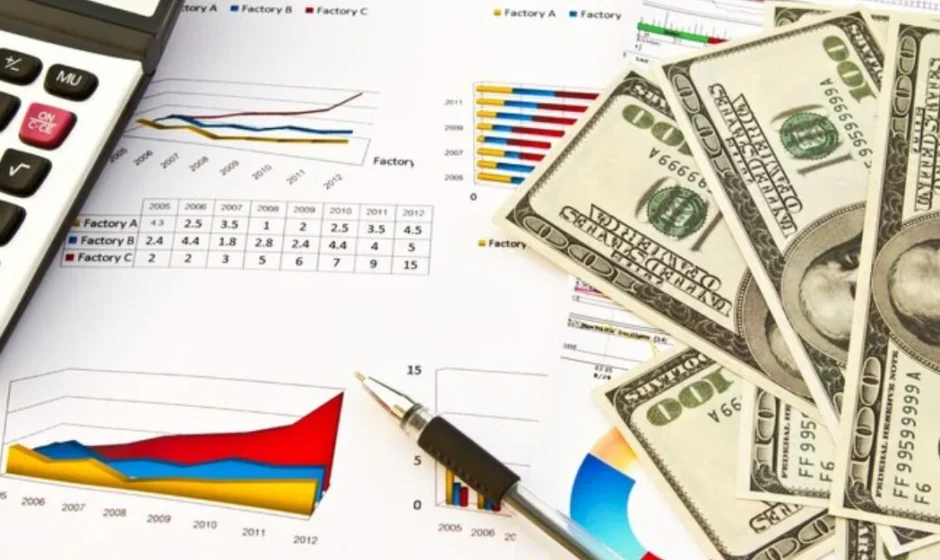The study of History Of Economics is a journey that through time, which exploring an development of human societies and their systems of production, dispensation, and exchange. With respect to an aged civilizations to the modern global economy, the History Of Economics is rich and complex, shaped by varied cultures, thinkers, and historical events.
History Of Economics: What is Economics?
Economics could be defined in a many different ways. It’s the study of the paucity, the study of how people use resources and respond to an incentives, or the study of decision-making. It frequently includes themes like abundance and money, however it’s not about cash. (History Of Economics)
Ancient Economies:
Barter to Early Markets In an ancient times, economies was initially based on barter systems, where goods and services were exchanged directly between individuals. This early form of trade laid to the foundation for more civilized economic systems to emerge. In civic establishments like Mesopotamia, Egypt, and antiquated Greece, the improvement of horticulture and the development of urban communities produced the foundation of the business sectors and simple types of cash. (History Of Economics)
Classical Economics:
Classical economics is a school of economic thought that teach for private ownership of business, freed individuals, and a labor-based theory of value. The Age of Enlightenment, The Enlightenment period in the 17th and 18th centuries saw the appearance of the modern economic thought. The dominant figures such as Adam Smith, often he regarded as the father of modern economics, laid the groundwork for the study of market dynamics, specialization, and the role of self-interest in the driving economic activity. Smith’s seminal work, “The Wealth of Nations,” introduced the concepts of such as the invisible hand and the division of labor, profoundly shaping financial reasoning long into the future. (History Of Economics)
The Industrial Revolution:
Transforming Economies the industrial rotation of the 18th and 19th centuries brought about profound changes in economic systems of the worldwide. The shift from rural to modern economies prompted urbanization, mechanical progressions, and the ascent of the private enterprise as the predominant monetary model. Thinkers like Karl Marx challenged the inequalities of the capitalist system, upholding for social changes and the rearrangement of abundance in works such as “The Communist Manifesto” and “Das Kapital.”
Neoclassical Economics:
Neoclassical economics is a broad theory that focuses on supply and demand as the driving forces behind the production, pricing, and excess of the goods and services. It fell out in around 1900 to compete with the earlier theories of classical economics. The Rational Choice and Marginal Analysis In the late 19th and early 20th centuries, neoclassical economics fell out as a response of the perceived shortcomings of the classical economic theory. Neoclassical economists presented ideas like minor utility, rational choice theory, and the efficient allocation of the resources through the markets. Figures like Alfred Marshall and Leon Walras added to the ascent of the neoclassical financial matters, the underscoring of the job of individual inclinations and the market balance in the molding monetary results. (History Of Economics)
Keynesian Economics:
Keynesian economists justify government interface through the public policies that aim to attain full employment and price stability. Keynes contended that deficient in general interest could prompt delayed times of high joblessness. Overseeing Monetary Cycles The Incomparable stagnation of the 1930s provoked a reexamination of traditional and neoclassical financial hypotheses the rising of Keynesian monetary viewpoints. Developed by British economist John Maynard Keynes, this school of thought intensive the role of government mediation in overseeing financial cycles through monetary and money related arrangements. Keynesian principles affected the policies that aimed at snapping the economies and promoting the full employment in the post-World War II era.
Monetarism and the Chicago School:
Free Markets and Minimal Government Intervention In the contrast to Keynesian economics, monetarism and the Chicago School of economics supported for the free markets and minimal government intervention in economic flings. Figures like Milton Friedman contended that over the top government control could prompt failures and bends in the economy. Monetarist policies that intent on controlling the money supply to manage the inflation and promote long-term economic stability. (History Of Economics)
Evolution of Economics:
Evolution of Economics believes the factors such as health, education, working conditions, domestic and international policies, and market conditions with a focus on enhancing the world wide conditions. Addressing Global Inequality The middle half of the 20th century, it saw the emergence of development economics as a distinct field focused on managing misery, an inequality, and the economic development in the developing world. Scholars like Amartya Sen and Jeffrey Sachs presented hypotheses and systems for advancing supportable development, working on expectations for everyday comforts, and lessening neediness through designated intercessions and global collaboration.
Contemporary of Economic Challenges:
Globalization, Climate Change, and Technological Disruption In the 21st century, economists grapple with a host of complex challenges, including the impact of globalization on work showcases, the danger of environmental change to monetary security, and the troublesome impacts of mechanical advancement on customary enterprises. Debates over the income of inequality, trade policies, and the role of government in addressing social, global and economic issues continue to shape economic discourse and policy-making around the world. (History Of Economics)
Conclusion
The History Of Economics backdrop of the financial matters is a demonstration of the resourcefulness, variety, and strength of the human social orders in conning the intricacies of monetary life. From the ancient origins of trade and commerce to the modern challenges of globalization and sustainability, the investigation of financial aspects offers important experiences into the past, present, and fate of human flourishing . (History Of Economics)



